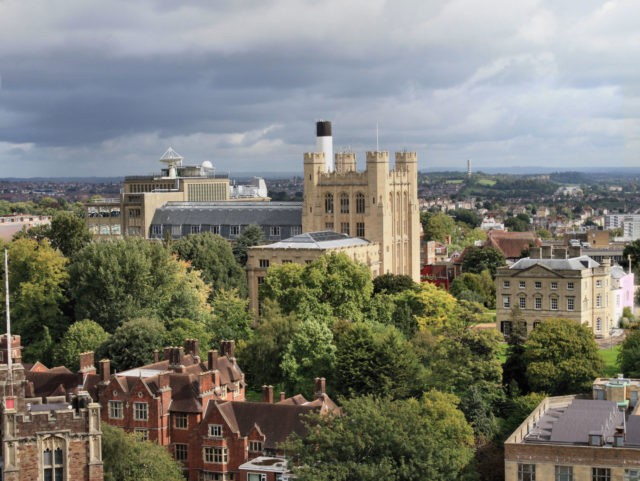The University of Bristol’s Medical School has outlined measures the institution will take to “de-colonise the curriculum”.
One of the UK’s top medical schools, Bristol announced it will be taking a range of actions including educating students on medicine’s ‘racist’ history, according to a report by the BBC.
These include the use of new textbooks which demonstrate clinical signs in people with a variety of different skin tones, “training on spotting unconscious bias and helping students and staff more confidently report and act on racism” and “setting up an anti-racism taskforce to promote an environment that actively opposes racism”, the public broadcaster reports.
Dr Joseph Hartland, who is working to implement the changes at Bristol’s Medical School, said: “Historically medical education was designed and written by white middle-class men, and so there is an inherent racism in medicine that means it exists to serve white patients above all others.”
Eva Larkai, President of BME Medics at the university, said it was important for students and staff to learn about “problematic ideologies of that past” and to reflect on “colonial history” so that “we can examine and reflect on our unconscious biases”.
“If the new generation of doctors are not being equipped to adequately care for the multi-ethnic population we see here in the UK and across the world, we are doing the patients a disservice,” she told the BBC.
Previously, demands for UK universities to “de-colonise” course content — by replacing white thinkers and writers on the curriculum with people from the Global South — were centred around humanities subjects such as English literature, history, philosophy and history of art.
But there have been major efforts underway in recent years to extend so-called de-colonisation to science, technology, engineering, and mathematics (STEM) subjects as well as medicine.
These include University College London’s (UCL) Decolonising the Medical Curriculum (DtMC), a project which discusses ideas such as that “the 18th-century European Enlightenment … privileged and rewarded experiment at the expense of empathetic healing”.
‘The result was a professionalisation of medicine which excluded specific practitioners – such as the female midwife or folk healer – and with them, their own healing practices,’ complains Dr Lindsay Porter in a lecture on the project’s website.
The goal of de-colonising medicine, according to an opinion piece in the British Medical Journal (BMJ) is “to enable students (and faculty) from minority groups, including from Black and Minority Ethnic (BME) backgrounds to feel less marginalised by traditionally white, male euro-centric content”.
Writing in Unherd last month, theologian and poet Nigel Biggar lamented that “the case for ‘decolonising’ universities makes no sense, empirically or historically, yet it’s winning over institutions of rational debate”.
“What is more, a ‘Eurocentric’ bias in British education is surely justified. Britain is not Anywhere. It is located in north-west Europe, has a particular history, and has developed particular institutions and traditions,” the Regius Professor of Moral and Pastoral Theology at the University of Oxford pointed out.

COMMENTS
Please let us know if you're having issues with commenting.